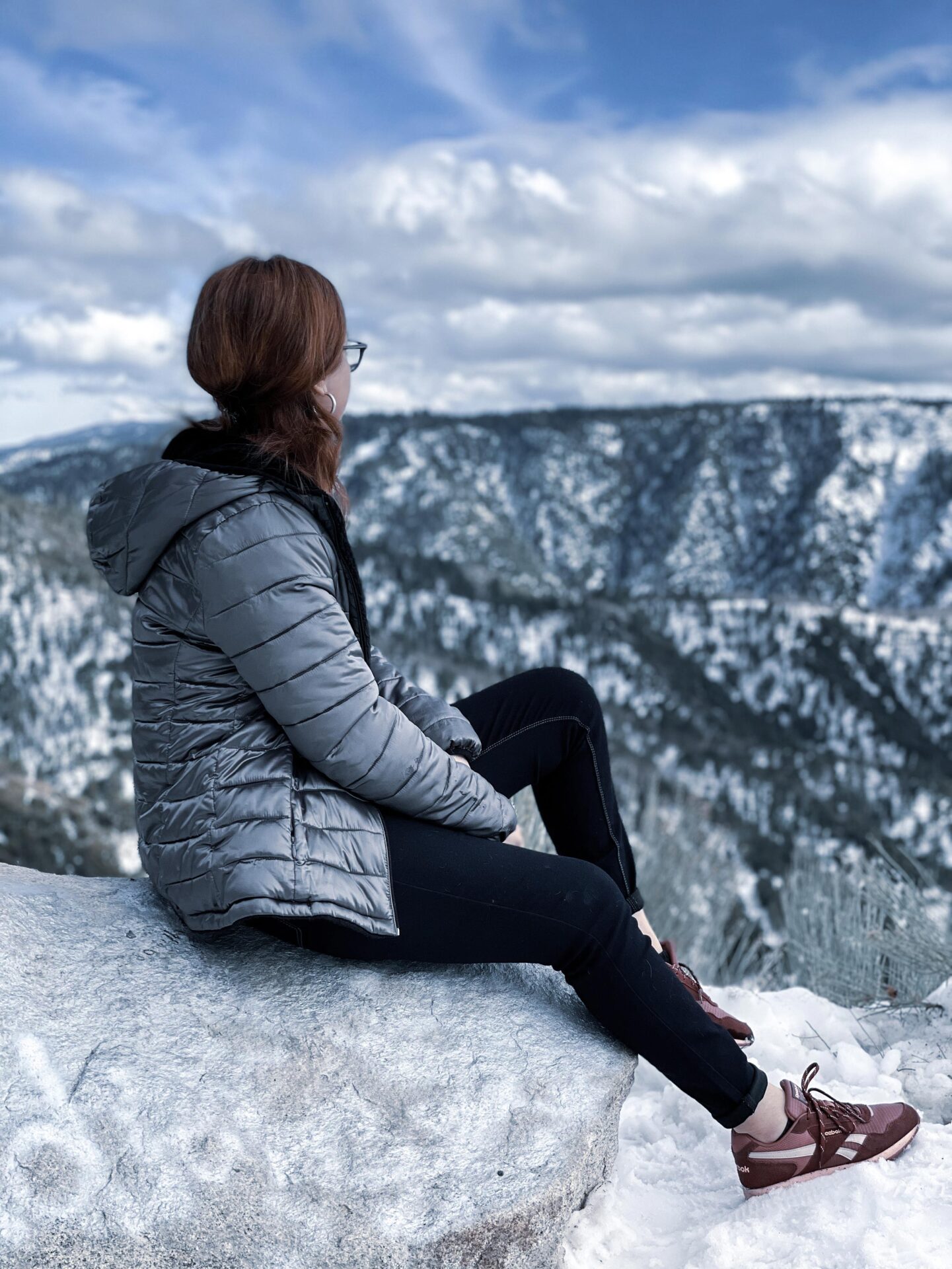
Anxiety often starts quietly. You might feel uneasy, notice your heart beating faster, or experience fear or discomfort that’s hard to explain. If you’ve felt anxious without knowing why, with racing thoughts or a tense body, you’re not alone.
Many people think anxiety is just a normal response to stressful situations, like job interviews or exams. While that’s sometimes true, anxiety often has deeper roots, going all the way back to our childhood.
When Anxiety Seems to Appear Suddenly
Have you ever felt anxious without knowing why? Maybe you’re just sitting quietly or going about your day, and suddenly you feel nervous or on edge. You might wonder, “Where is this coming from?”
The truth is, anxiety doesn’t always come from what’s happening right now. Often, it comes from our past.
Childhood shapes how we see the world. During these early years, we learn what feels safe, what’s scary, how others treat us, and whether it’s okay to express our feelings. If something hurt, scared, or confused us back then, our brain remembers it. Even if we don’t clearly recall the event, these stored memories can trigger anxiety years later.
My Story, A Childhood Memory That Created My Fear
Let me share a personal story.
When I was about 8 years old, I was playing and laughing with my brother. We were having fun and being silly. My mom heard us and told us to quiet down. She repeated a common Armenian saying: “If you laugh too much, you’ll cry later.”
Shortly after, we got a phone call with sad news about someone we loved. I can still remember exactly how it felt.
You might think this was just a coincidence. But to my young mind, it wasn’t. It was a lesson. I learned that too much happiness leads to something bad.
As I grew up, I developed cherophobia, fear of being happy. I began avoiding joy. I didn’t want to laugh loudly, celebrate much, or feel too good. I was afraid something terrible would happen afterward.
Common Thoughts People with Anxiety Often Have
If you’ve had anxiety, especially since you were young, you might think things like:
- “Being happy means something bad will happen soon.”
- “Good things always end, so why bother enjoying them?”
- “People will judge me if I’m happy now but sad later.”
- “Joy always leads to something negative.”
If you think this way, don’t worry – there’s nothing wrong with you. You’re just human. These are fears you learned over time, and you can learn to let them go.
How Childhood Experiences Can Cause Adult Anxiety
Many people don’t know that anxiety problems often start in childhood. And you don’t need to experience a major event for it to affect you. It could be:
- Parents who yelled a lot
- Not getting enough attention or emotional support
- Feeling like you weren’t good enough
- Being teased or bullied
- Growing up in a home that felt tense or unpredictable
These small but important experiences shape how we see ourselves and the world. When children don’t get the emotional support they need, they learn to hide their feelings. Eventually, these hidden feelings can turn into anxiety.
“But I Had a Normal Childhood…”
Even if you think your childhood was normal, you might have experienced moments that felt scary or hurtful to your younger self. That’s why it helps to look back at your childhood and teen years. Sometimes, the anxiety we feel now comes from feelings we never properly addressed back then.
Signs Your Anxiety Might Be From the Past
If your anxiety seems out of proportion or doesn’t make much sense in the moment, here are a few signs it might be rooted in past experiences:
- You feel anxious even when everything seems fine
- You have physical symptoms like chest pain, stomach aches, or headaches often
- You overthink or fear the worst in happy moments
- You feel like you’re always waiting for something bad to happen
- You feel triggered by situations that remind you of your childhood (even without realizing it)
What Helps? (Simple Strategies That Work)
I’ve seen a psychologist and worked hard to understand my anxiety. From what I’ve learned and tried myself, here are some things that really help:
1. Talk Therapy (CBT)
This helps you spot unhelpful thoughts and gently change them. It’s one of the best ways to treat anxiety.
2. Relaxation Methods
Simple breathing exercises, meditation, and gentle stretching can calm your body. Try breathing in through your nose for 4 seconds, then slowly out through your mouth. Just 5 minutes can make you feel better.
3. Hypnotherapy
Some people find this helpful for uncovering hidden fears. It’s not for everyone, but many people say it works for them.
4. Making Time for Joy
Do small things daily that make you happy. Watch a sunset, paint, dance, or walk your dog. Give yourself permission to enjoy life.
5. Sharing with Someone You Trust
Talk to a therapist, friend, or write in a journal. Just expressing your fears can make them less scary.
What Happens If You Ignore Anxiety?
Ignoring anxiety doesn’t make it go away. It often gets worse and can lead to:
- Depression
- Feeling completely worn out
- Using alcohol or drugs to cope
- Harming yourself
- Feeling cut off from others and yourself
That’s why it’s important to address it. Being anxious doesn’t mean you’re weak – it means you’re human.
One Last Thing
If you’ve made it this far, know that you’re not alone. Many people struggle with anxiety from childhood fears they still carry as adults.
Getting better is a step-by-step process. Each time you talk about your feelings, seek answers, or do something small to feel better, you’re making progress.
Here’s a helpful quote from Natalie Goldberg:
“Stress is an ignorant state. It believes that everything is an emergency. Nothing is that important.”
When you feel anxious, take a deep breath and tell yourself: You’re safe now. You’re grown up. It’s okay to feel happy.
Follow my travel blog on Instagram and let me know if you have any questions.


Comments are closed.